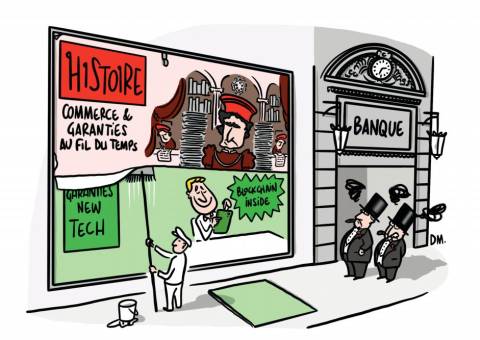
Corporate Governance and Corporate Hedging: French Evidence
Créé le
24.09.2009-
Mis à jour le
29.09.2017In a classical Modigliani-Miller world (1985), the fi rm value is independent of its fi nancial policy. In other words, capital structure, dividend policy, risk management, among others, are irrelevant to fi rms. This world with perfect capital markets is unrealistic. In real fi nancial markets, fi rms face a variety of frictions, such as fi nancial distress and bankruptcy costs, taxes, costly external fi nancing, incomplete contracting and asymmetric information. By relaxing the assumptions of a perfect market, Smith and Stulz (1985), and Froot et al. (1993) show that hedging policy can affect the fi rm value. This theoretical motivation for hedging is based on maximising the fi rm value under the implicit assumption that managers act in the best interest of shareholders. This ignores the agency problem between managers and shareholders and the process of decision making in the fi rm. Indeed, managers can make the corporate hedging decisions that maximise their utility, but not those of shareholders.
![[Web Only] Tarifs bancaires : les banques amortissent l’inflation [Web Only] Tarifs bancaires : les banques amortissent l’inflation](http://www.revue-banque.fr/binrepository/480x320/0c0/0d0/none/9739565/MEBW/gettyimages-968963256-frais-bancaires_221-3514277_20240417171729.jpg)




